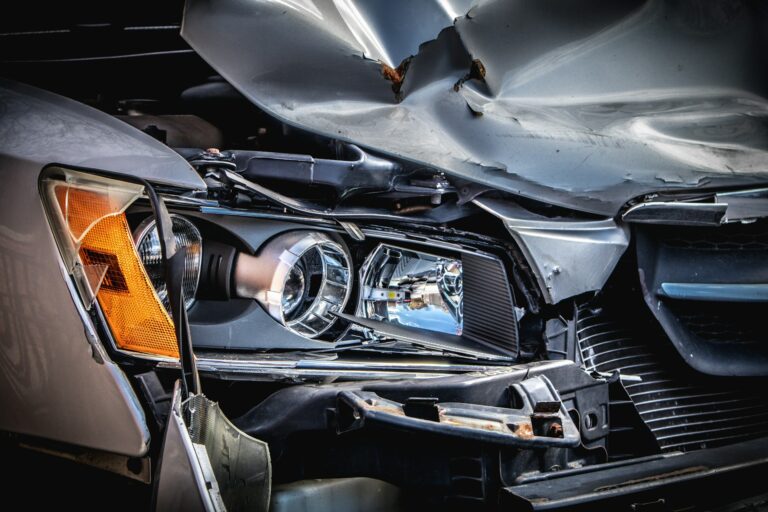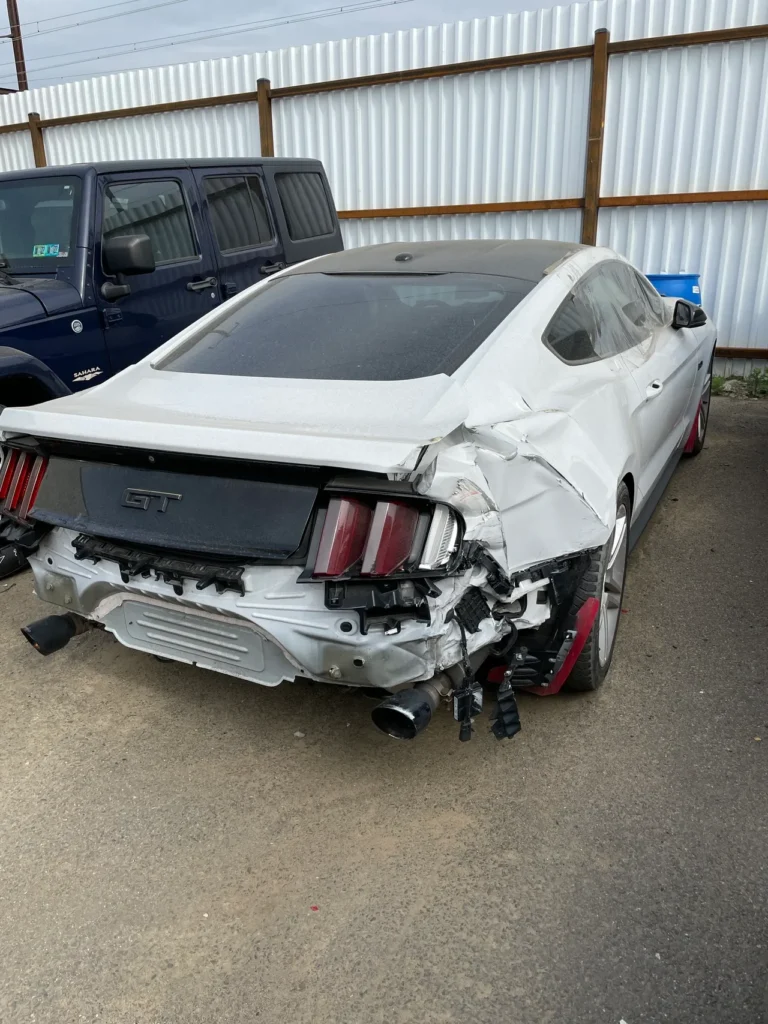
How State Farm Total Loss Policies Work
State Farm is one of the largest insurance providers in the United States, offering a range of coverage options for vehicle owners. Among these is the total loss policy, which comes into play when a vehicle is so damaged that repairing it would cost more than its actual value. Understanding how State Farm’s total loss policies work can help you navigate the complexities of claims, payouts, and negotiations, ensuring you get the best possible outcome. In this article, we’ll dive deep into State Farm’s total loss policies, including how payout amounts are calculated and how to attain the highest valuation during your negotiation efforts.
Want to Maximize Your Total Loss Claim Amount?
Understanding State Farm Total Loss Policies
What Constitutes a Total Loss?
A vehicle is considered a total loss when the cost to repair it exceeds its actual cash value (ACV). The ACV is the vehicle’s market value before the accident occurred. State Farm, like most insurers, uses this principle to determine whether your car is a total loss. If your vehicle is declared a total loss, State Farm will compensate you based on its pre-accident value minus any applicable deductibles.
How State Farm Determines the Actual Cash Value
State Farm uses several factors to determine the ACV of your vehicle, including:
- Age and Condition: Older cars typically have lower values, but the condition can also significantly affect the valuation.
- Mileage: Lower mileage can increase a vehicle’s value.
- Make and Model: Some brands and models retain their value better than others.
- Market Trends: Current market demand for your vehicle type.
- Comparable Sales: Prices of similar vehicles recently sold in your area.
State Farm Total Loss Payout
Once State Farm determines that your vehicle is a total loss, they will offer you a payout based on their ACV assessment. This payout is intended to cover the cost of replacing your vehicle with one of similar value. However, the payout you receive can often be lower than expected.
The Issue of Low Valuations
State Farm has a reputation for offering lower total loss valuations compared to other insurers. This can be frustrating for policyholders who feel their vehicle is worth more than the offered payout. The lower valuation can result from various factors, such as the method State Farm uses to assess your vehicle’s value or their reliance on certain databases and market trends that might not accurately reflect your car’s true worth.

State Farm Total Loss Negotiation
How to Negotiate a Higher Payout
Negotiating a higher payout with State Farm can be challenging but is often necessary to receive fair compensation for your total loss vehicle. Here are some steps to help you through the negotiation process:
- Gather Evidence: Collect all relevant information about your vehicle, including recent maintenance records, upgrades, and the condition of the vehicle before the accident. This can help support your claim that your car is worth more than State Farm’s initial offer.
- Get Comparable Quotes: Look for listings of similar vehicles in your area to demonstrate the market value. Websites like Kelley Blue Book, Edmunds, and local dealership listings can be useful resources.
- Hire an Independent Appraiser: An independent appraiser can provide an unbiased valuation of your vehicle. Their report can be a powerful tool in negotiations with State Farm.
- Submit a Counteroffer: Use the evidence you’ve gathered to submit a counteroffer to State Farm. Be sure to include all supporting documentation to strengthen your case.
- Be Persistent: Negotiating with an insurance company can be time-consuming and require multiple attempts. Stay persistent and remain professional throughout the process.
Why State Farm Might Resist Higher Payouts
State Farm, like other insurance companies, aims to minimize their payouts to protect their bottom line. They may use specific valuation methods that result in lower offers or be less willing to adjust their initial assessments. Understanding this can help you prepare for the negotiation process and set realistic expectations.
Maximize Your State Farm Total Loss Payout With Auto Claim Consultants
Navigating State Farm total loss policies can be a daunting task, especially when faced with low payout offers. Understanding how State Farm determines total loss and the factors influencing their valuations can help you advocate for a fair settlement. If you find yourself struggling with the negotiation process, seeking professional help can make a significant difference.
Here at Auto Claim Consultants, we specialize in helping clients secure the highest payout amounts from State Farm for total loss claims. Our experienced total loss appraisers can provide the expertise and support needed to challenge low valuations effectively. If you’ve been in an accident and are negotiating with State Farm for a higher payout, don’t hesitate to contact us. We’re here to help you get started and ensure you receive the compensation you deserve.
Contact Auto Claim Consultants today to learn more about how we can assist with your State Farm total loss claim and maximize your payout.
FAQs
What should I do if I disagree with State Farm’s total loss valuation?
If you disagree with State Farm’s valuation, gather evidence such as recent maintenance records, vehicle upgrades, and comparable market listings. Submit this documentation to State Farm along with a counteroffer. You can also hire an independent appraiser to provide a third-party valuation.
How does State Farm determine my vehicle’s actual cash value (ACV)?
State Farm determines ACV based on factors like the vehicle’s age, condition, mileage, make and model, market trends, and prices of comparable vehicles recently sold in your area. They aim to estimate what your car was worth before the accident.
Can I negotiate my total loss payout with State Farm?
Yes, you can negotiate your total loss payout with State Farm. Presenting solid evidence, such as independent appraisals and comparable vehicle listings, can strengthen your case and help you achieve a higher payout.
Why does State Farm often give low total loss valuations?
State Farm may give low total loss valuations due to their specific valuation methods and the databases they use, which might not always reflect your vehicle’s true market value. This approach helps them minimize payouts to protect their financial interests.
How can Auto Claim Consultants help with my State Farm total loss claim?
Auto Claim Consultants can assist by providing expert appraisers who help gather evidence, negotiate with State Farm, and ensure you receive the highest possible payout for your total loss vehicle. Our experience and knowledge can significantly improve the outcome of your claim.
